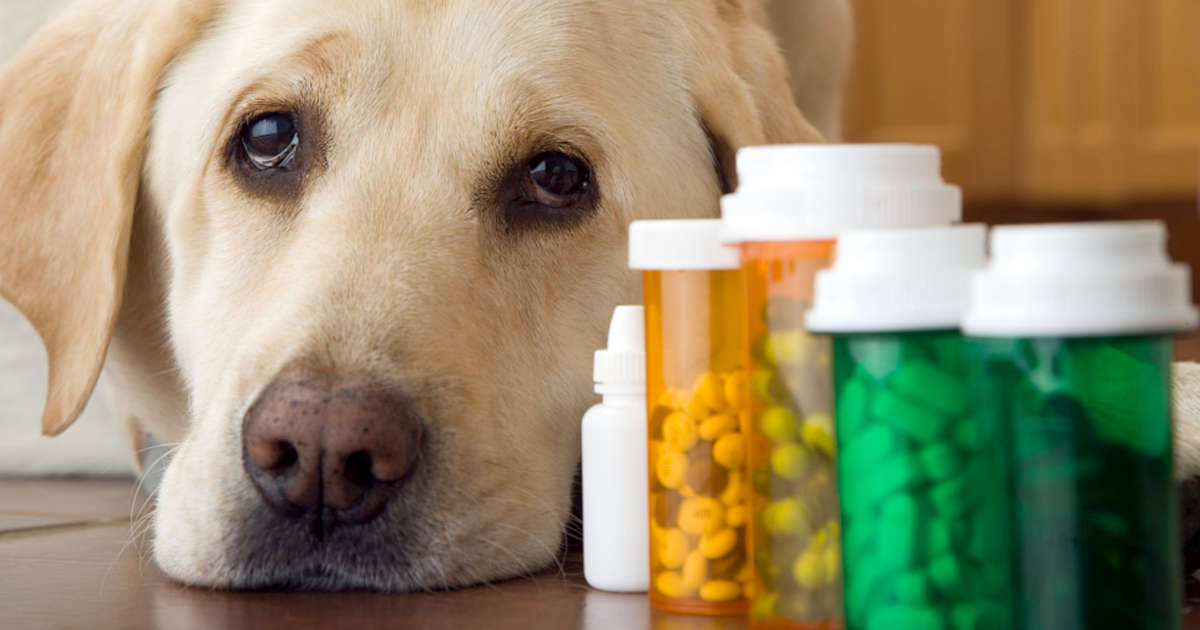With the progress of medical problems and pets’ ageing, there is growing interest in pet supplements as a dietary accompaniment or with the expectation that they will boost the immunity of our pets.
Why do pets need supplements?
Pets are predominantly fed the same food day after day continuously or even for their entire lives. That’s why it’s important to give them foods that combine different ingredients in the right proportion, according to the animal’s different stages of life and physiology, portion after portion, day after day, as this can affect the animal’s health. Pet supplements provide missing ingredients in their diet to help them live longer and healthier.
Every responsible pet owner is interested in what the food that is fed to the pet consists of. Feed ingredients are important to animal health and welfare — so choosing the right supplements for your pets is important.
Things to consider before buying pet supplements?
So, here are five things to watch out for when it comes to pet supplements.
1. Supplements are not medicines
Supplements for pets may be used to improve symptoms of diseases such as arthritis, heart failure, dementia, skin disease, weakened immune system, obesity, and digestive disorders. The raw materials of supplements are naturally derived ingredients such as mushrooms, lactic acid bacteria, yeast, organic germanium, and polyunsaturated fatty acids.
The first thing to check is that pet supplements are not medicines. Pharmaceuticals have been approved by the Ministry of Health, and their effectiveness has been scientifically recognized, and they are subject to the Pharmaceutical Machinery Law in the same way as humans.
The classification of supplements is food. In other words, unlike pharmaceuticals, they have not undergone reviews for safety and side effects. It should be noted that the effects are not guaranteed, and although there is a possibility that it is effective, there is no scientific basis to prove it.
2. Talk to veterinarian if you have any concerns
If you feel something is wrong with your pet, or if you feel that it is out of the ordinary, the first thing to do is to consult a veterinarian. Pets are said to be unable to verbally express their physical discomfort, and because they tend to hide their pain, it is difficult to notice anomalies.
Signs felt by owners who are in daily contact and who know the pet best may find signs of some sort of anomaly or illness. If you feel any problems, see a veterinarian first instead of considering supplements for pets.

3. The role of pet supplements is to supplement nutrition
Supplements are correct to be taken to make up for the nutrients that your pets lack in normal meals. Depending on the type and age of the pet, the parts of the pet that are prone to diseases and troubles are different, so it is necessary to support the pet with supplements that suit the most.
For example, older dogs have weak legs and lower back and are prone to arthritis, in which case glucosamine and chondroitin are recommended. Omega 3 oil (cod liver oil) lactic acid bacteria is recommended for the purpose of hair care troubles and skin dryness in summer.
4. Give an appropriate amount in consideration of medicines
There have been many cases of problems arising from interactions between supplements and medicines. For example, if chlorella, a nutrient-rich supplement, is used in combination with warfarin, a drug that thins the blood, chlorella will counteract the effects of warfarin.
In this way, there are cases where the efficacy is affected by taking together and depending on the combination; it may work to harm health. If your pet is prescribed continuous medication for chronic disease, it is necessary to consider in advance the interaction between medication and supplements for them. Be very careful with any medications being taken, even if they are single-shot or short-term.
Appropriate dosages are determined for pet supplements. In general, the appropriate amount changes for every 5 kg of the pet’s weight, and if you give more than the prescribed amount, there is a risk of side effects. For example, if calcium is given more than necessary, the balance between calcium and phosphorus in the body will be lost, causing illness. Also, too much glucosamine is a source of loss of appetite.
Even if your pet doesn’t experience any specific symptoms, keep in mind that overdosing on certain substances can put unnecessary strain on the liver and kidneys, so keep the intake in moderation.
5. Quality standards
Finally, confirm the quality standards when choosing supplements for pets. There is currently no human-like rating system for pet supplements or advisors that advise need or purpose of use, but there are organizations like-
1. National Animal Supplement Council (NASC), which is dedicated to improving and standardizing the quality of pet products, is required to pass a facility audit every two years with severe requirements for quality controls.
2. GMP mark exists as a guarantee of the quality of animal supplements. GMP is an abbreviation for Good Manufacturing Practice. The GMP mark is a manufacturing process control standard that aims to ensure that products are made safely and that a certain level of quality is maintained.
The three principles of GMP are:
- Prevention of human error
- Prevention of product contamination and quality deterioration
- Ensuring a positive level of quality throughout the manufacturing process
Products that have passed GMP standards are labelled with the GMP mark, so please use this as a reference when making your selection.
3. National Sanitation Foundation (NSF) has been protecting and improving human and animal health. This is a third-party organization that conducts audits for certifying manufacturers with permits such as Food Safety Modernization Act (FSMA), cGMP and more.
Sales of supplements for pets are increasing every year, and it is expected that the demand for supplements will continue to grow along with the ageing of pets. Pets are our family, so remember these things and check everything properly before starting with supplements.







Leave a Comment